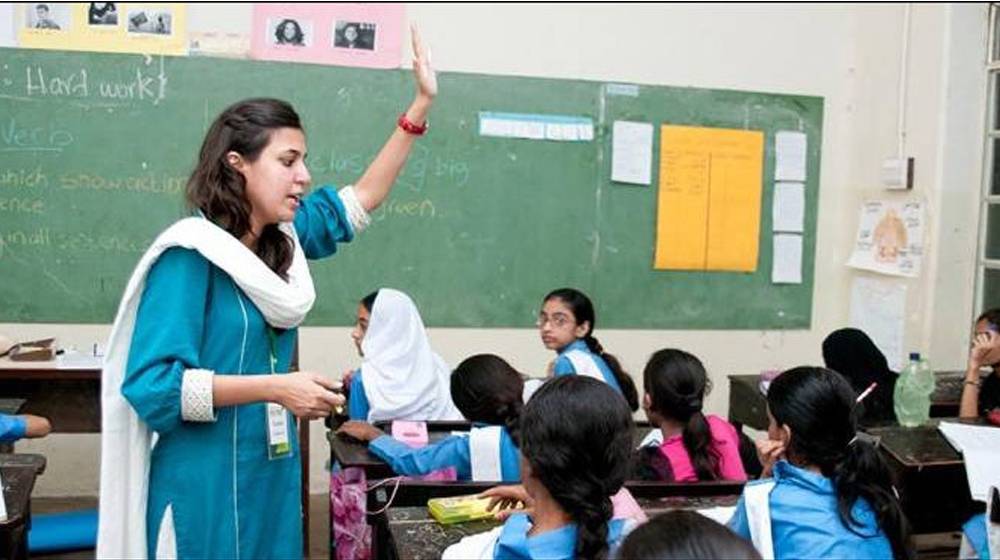In a significant push to modernize and professionalize the education sector, the Sindh Teachers Education Development Authority (STEDA) has approved a series of sweeping reforms aimed at empowering teachers, enhancing accountability, and aligning academic training with classroom realities. The 18th Board of Governance meeting, chaired by Sindh Education Minister Syed Sardar Ali Shah in Karachi, marked a turning point in teacher support and development.
Among the key decisions was the finalization of Sindh’s first-ever teacher licensing framework. The first batch of licenses is scheduled to be distributed in a formal ceremony at the Chief Minister’s House on July 29—a move officials say will not only elevate the status of the profession but also introduce greater quality control in hiring and performance.
Another crucial initiative approved was the launch of a Teachers Help Line—available both via phone and online—to support teachers facing professional challenges, especially women dealing with workplace harassment or systemic barriers. “This helpline will give our educators, particularly female teachers, a secure, efficient platform to voice concerns and find solutions,” said Shah.
Additionally, the board endorsed STEDA’s proposal to revise university education curricula to better reflect evolving pedagogical needs and market dynamics. Going forward, all teacher training institutes in Sindh will come under STEDA’s centralized oversight to enforce consistent training standards and institutional accountability.
While the measures signal an ambitious and much-needed shift in policy, critics warn that successful implementation will require more than just announcements. Previous reform attempts have often faltered due to weak enforcement, lack of funding, or bureaucratic inertia. Experts have also called for clear metrics to evaluate teacher performance post-licensing and greater transparency in how grievances will be handled through the new helpline.
Related: Sindh Education Minister: UNESCO Rates Our Curriculum Above Other Provinces!
Still, the consensus among education experts is that the current reforms, if executed with political will and administrative rigor, could significantly uplift the teaching profession in Sindh and improve learning outcomes for students. Whether these initiatives translate into lasting change or remain symbolic gestures will become evident in the months to come.



